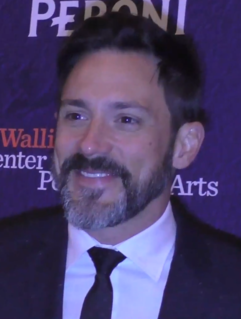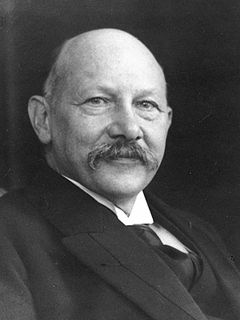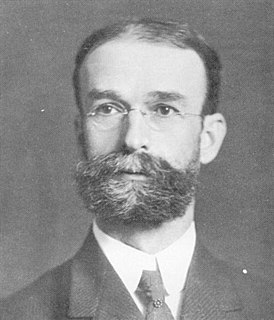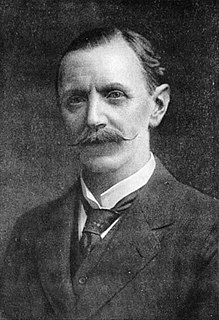A Quote by Hannes Alfven
I have always believed that astrophysics should be the extrapolation of laboratory physics, that we must begin from the present universe and work our way backward to progressively more remote and uncertain epochs.
Related Quotes
A universe without purpose should neither depress us nor suggest that our lives are purposeless. Through an awe-inspiring cosmic history we find ourselves on this remote planet in a remote corner of the universe, endowed with intelligence and self-awareness. We should not despair, but should humbly rejoice in making the most of these gifts, and celebrate our brief moment in the sun.
Students using astrophysical textbooks remain essentially ignorant of even the existence of plasma concepts, despite the fact that some of them have been known for half a century. The conclusion is that astrophysics is too important to be left in the hands of astrophysicists who have gotten their main knowledge from these textbooks. Earthbound and space telescope data must be treated by scientists who are familiar with laboratory and magnetospheric physics and circuit theory, and of course with modern plasma theory.
According to my views, aiming at quantitative investigations, that is at establishing relations between measurements of phenomena, should take first place in the experimental practice of physics. By measurement to knowledge [door meten tot weten] I should like to write as a motto above the entrance to every physics laboratory.
Here I had tried a straightforward extrapolation of technology, and found myself precipitated over an abyss. It's a problem we face every time we consider the creation of intelligences greater than our own. When this happens, human history will have reached a kind of singularity - a place where extrapolation breaks down and new models must be applied - and the world will pass beyond our understanding.
Wheeler hopes that we can discover, within the context of physics, a principle that will enable the universe to come into existence "of its own accord." In his search for such a theory, he remarks: "No guiding principle would seem more powerful than the requirement that it should provide the universe with a way to come into being." Wheeler likened this 'self-causing' universe to a self-excited circuit in electronics.
It's a curious thing, this thing we call civilization...we think it is an affair of epochs, and nations. It's really an affair of individuals. One brother will be civilized and the other a barbarian...All civilization comes through literature now, especially in our country. A Greek got his civilization by talking and looking, and in some measure a Parisian may still do it. But we, who live remote from history and monuments, we must read or we must barbarise.
Deep, solemn optimism, it seems to me, should spring from this firm belief in the presence of God in the individual; not a remote, unapproachable governor of the universe, but a God who is very near every one of us, who is present not only in earth, sea and sky, but also in every pure and noble impulse of our hearts.



































